The Growing Gap between Jordan and Israel, After 25 Years of “Peace”
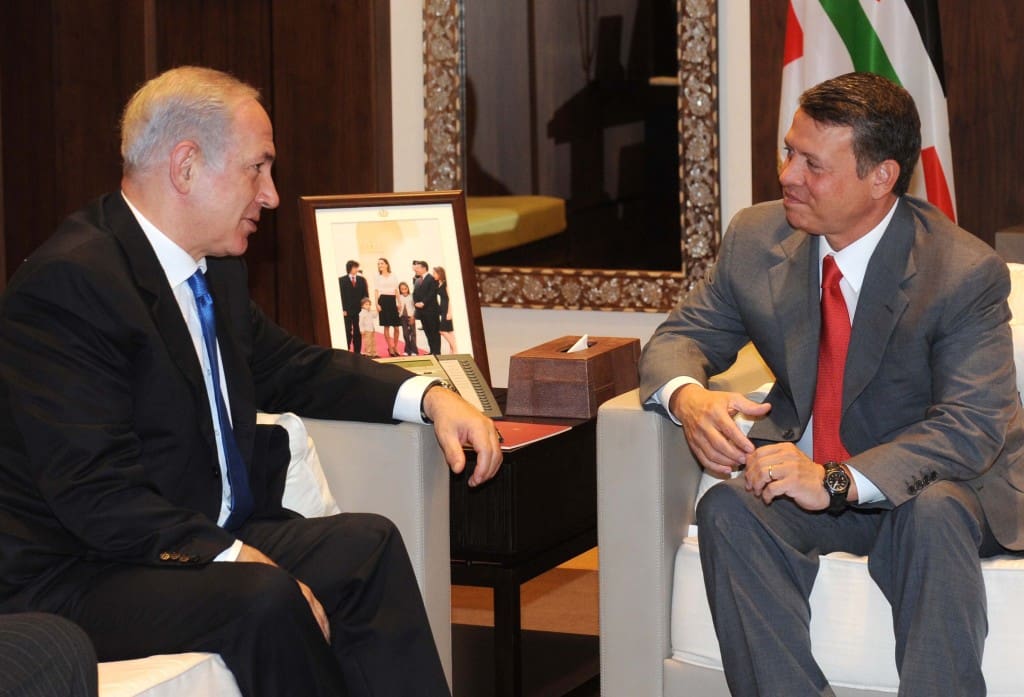
Twenty-five years after signing the Wadi ‘Araba peace agreement, Jordan and Israel are experiencing particularly tense relations. Al-Shabaka Policy Analyst Oraib Rantawi delves into the reasons behind this turn of events, the implications for Palestinian-Jordanian relations, and what Jordan can do to reduce its dependence on Israel.
Palestinian Elections: Essential or Harmful?
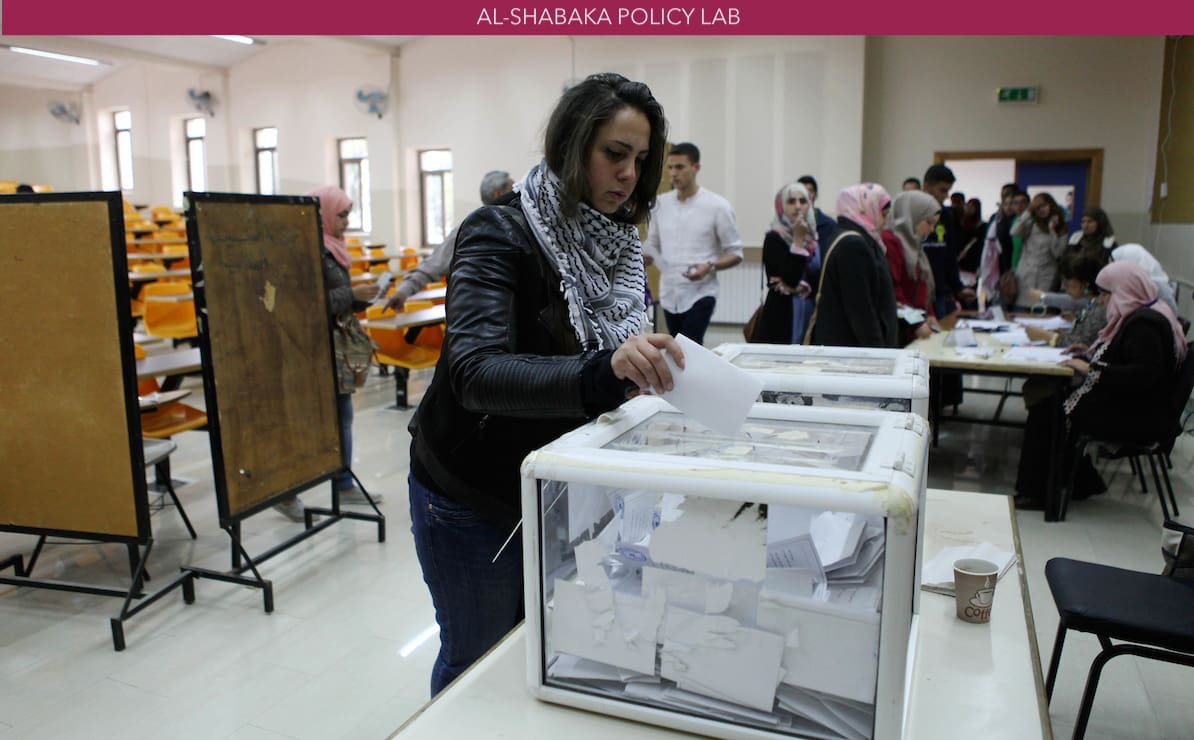
Palestinian general elections in the near future are looking more and more likely. But are they necessary? In our final policy lab of 2019, Inès Abdel Razek joins host Marwa Fatafta to discuss the significance of elections within the current leadership crisis, foreseen challenges to the democratic process, and potential for new political players to […]
The Systematic Torture of Palestinians in Israeli Detention
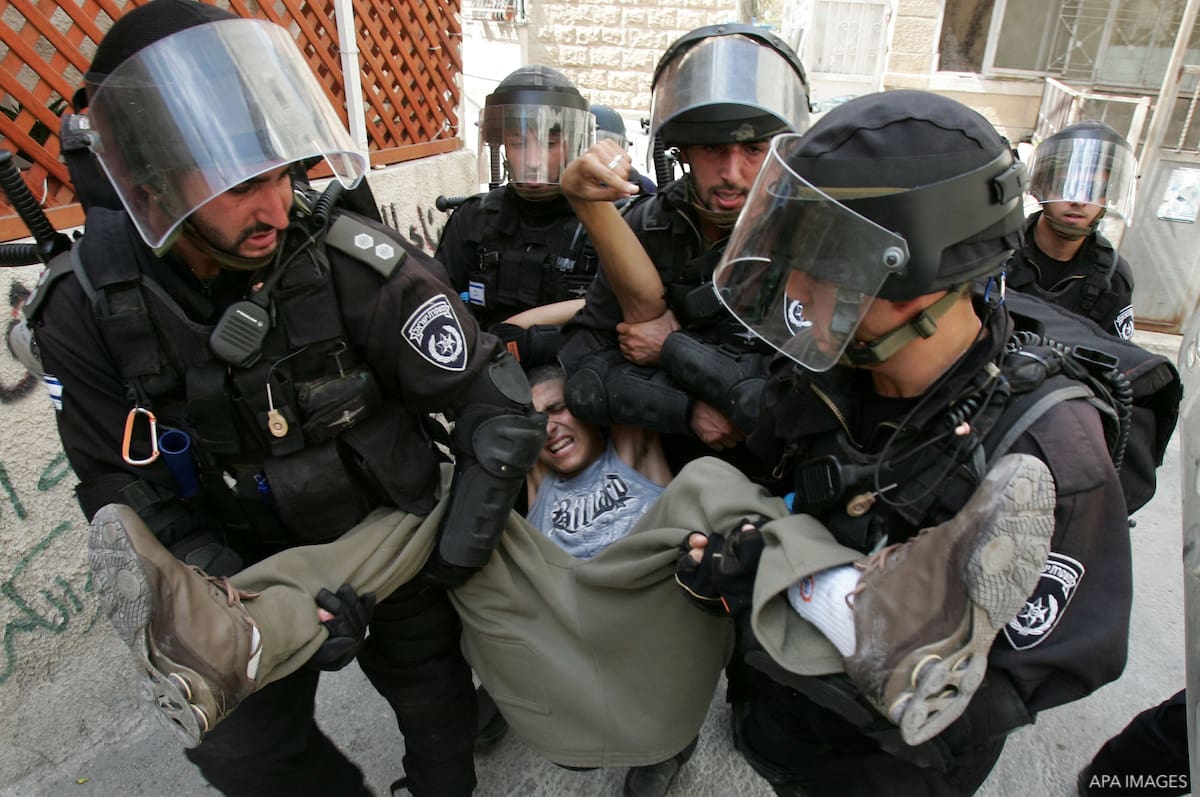
Since the establishment of Israel in 1948, the Israeli Security Agency has been torturing Palestinians. Al-Shabaka Senior Palestine Policy Fellow 24588 argues that the use of torture in Israeli detention is systematic and legitimized through domestic law, and outlines steps for the international community to hold Israel to account and bring an end to these violations.
A Question of UN Credibility: Releasing the Settlements Database
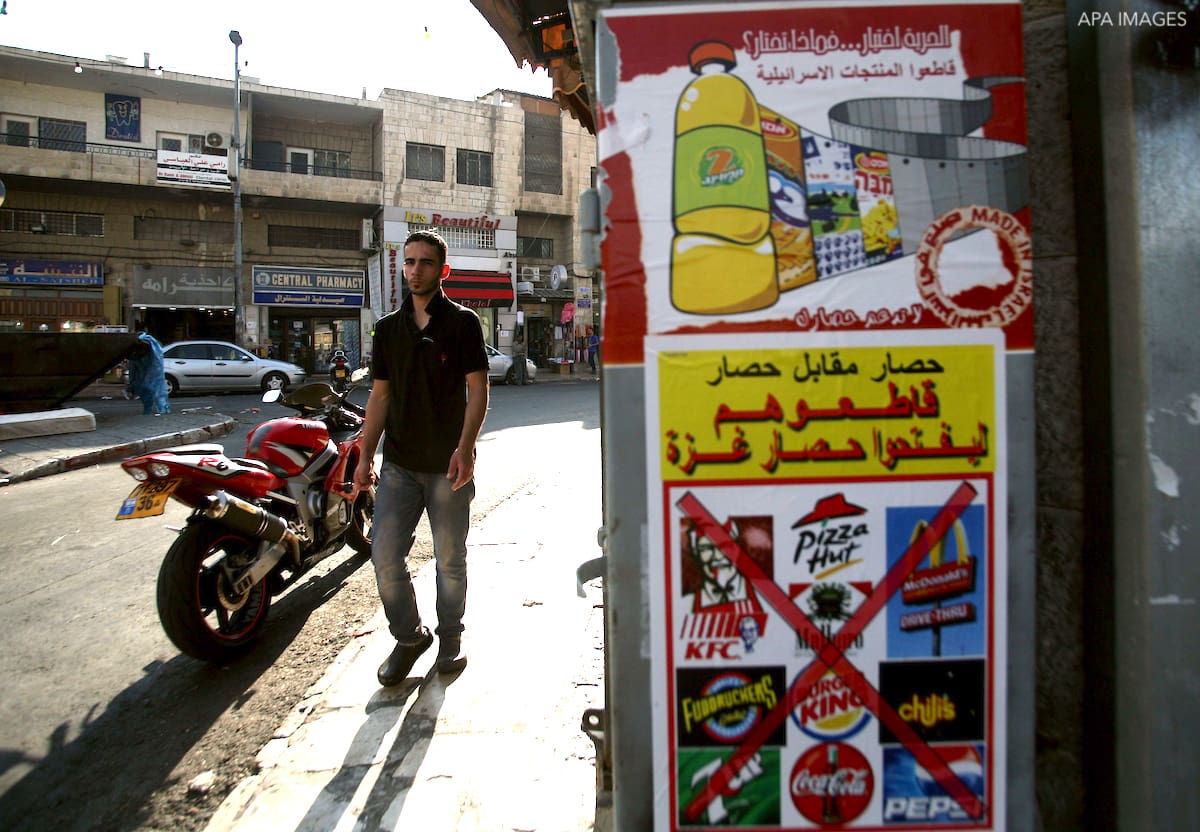
The European Union’s highest court recently ruled that EU countries are required to identify products made in Israeli settlements on their labels. However, another international body – the UN – continues to avoid releasing its database of companies engaged in activities with Israel’s settlements. Al-Shabaka Policy Analyst 24498 and Guest Contributor Maha Abdallah explain why and recommend ways to pressure the UN to fulfill its mandate.
Digital Censorship in the Palestinian Context
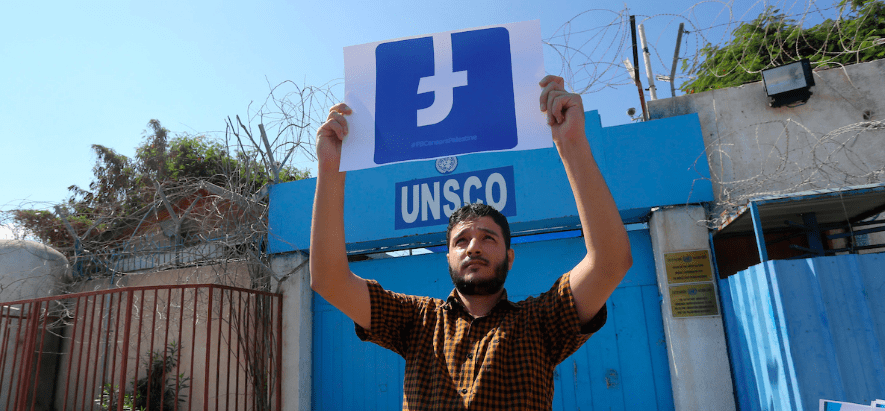
Palestinians are facing mounting digital censorship from all angles – from the Israeli government to the Palestinian Authority and Hamas. What are the implications of this growing trend, and what tools exist to fight back? In this policy lab, analysts 24474 and Nadim Nashif join host Nur Arafeh to discuss the threat against Palestinian digital rights and anchor it within the wider global trend of digital repression.
Restructuring the Palestinian Authority: It’s Now or Never

The Palestinian Authority (PA) has perhaps never been so disconnected from Palestinian society. Al-Shabaka policy analyst 24397 examines how international involvement has helped shore up this disconnect by rendering the PA progressively repressive, and suggests steps for the PA as well as Palestinian civil society to take in order to change the status quo.
Focus On: Palestine’s Natural Resources
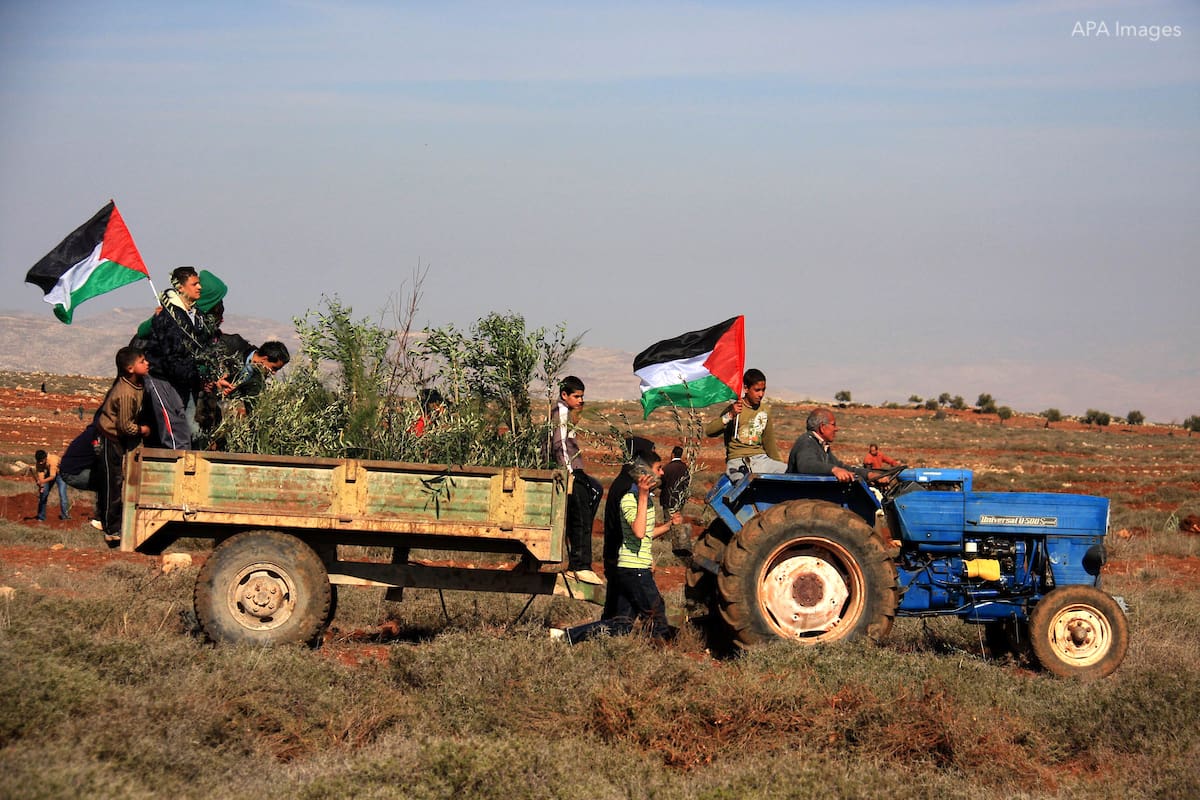
Palestine has an abundance of natural resources, but in the decades since the establishment of the state of Israel they have been compromised and exploited. In this collection of analysis, Al-Shabaka experts provide insight into issues related to Palestinian natural resources, from their theft by Israel to the effects of climate change and its intersection with the Israeli occupation.
UNRWA in a Time of Crisis: Separating the Red Herrings from Legitimate Shortcomings
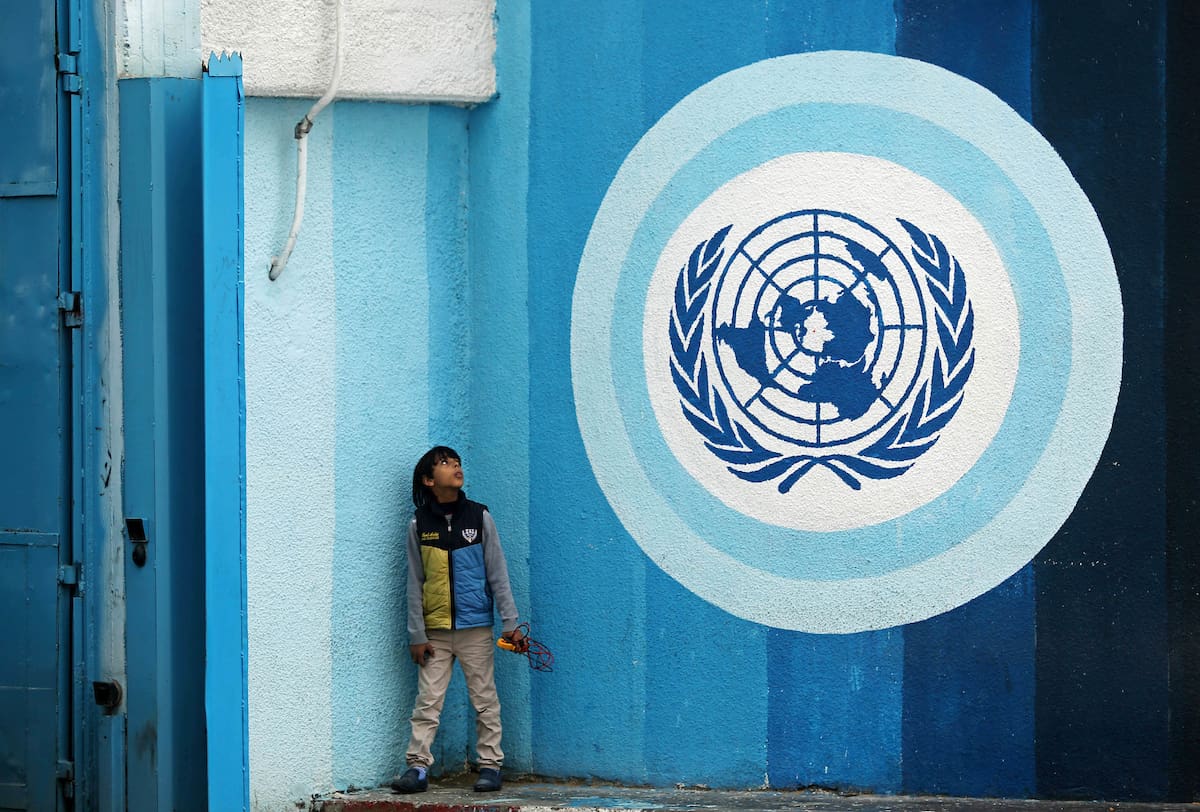
UNRWA has recently faced funding cuts and an ethics report detailing alleged abuses by top management. While these events are important to understand UNRWA’s current dilemmas, they do not provide a proper understanding of the Agency’s more fundamental issues. 24376 sheds light on UNRWA’s actual challenges and why its mandate should include durable solutions for Palestine refugees.
Palestinian Opposition to Social Security: Revolution or Devolution?
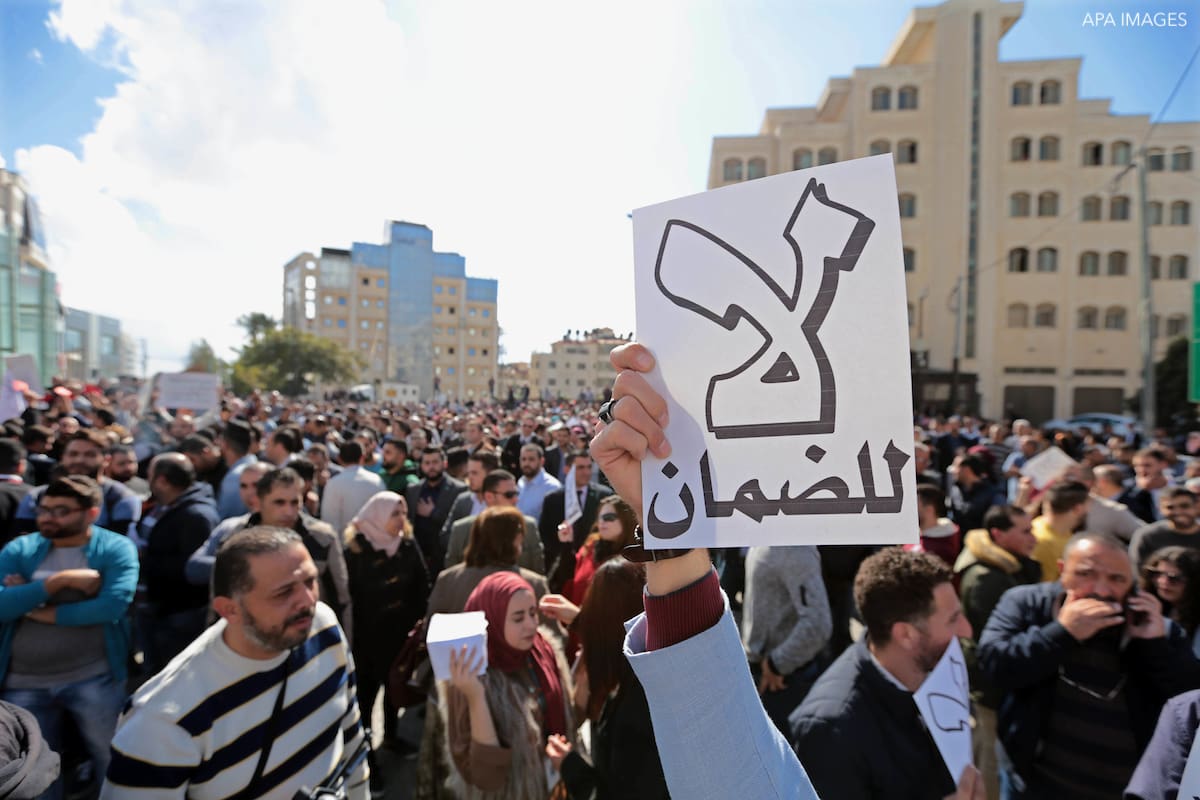
Through vociferous protest, in June 2019 the Palestinian private sector, laborers, and civil society succeeded in halting the Palestinian Authority’s latest attempt to institute a social security system in the Occupied Palestinian Territory. Why did Palestinians, including Palestinian workers, fight against a right that other workers around the world have historically fought for? Guest contributor 24448 explains.









